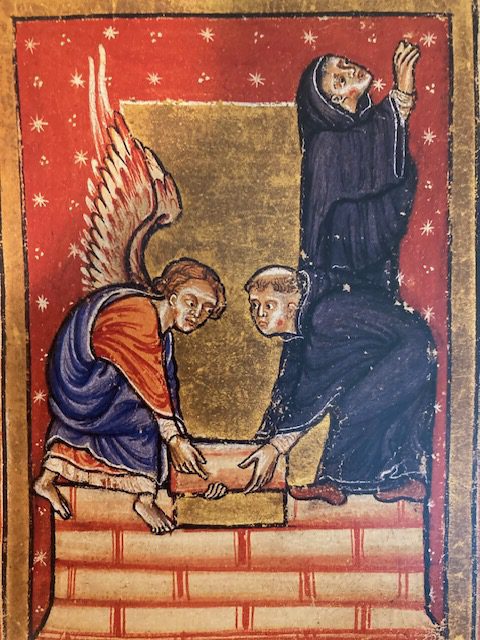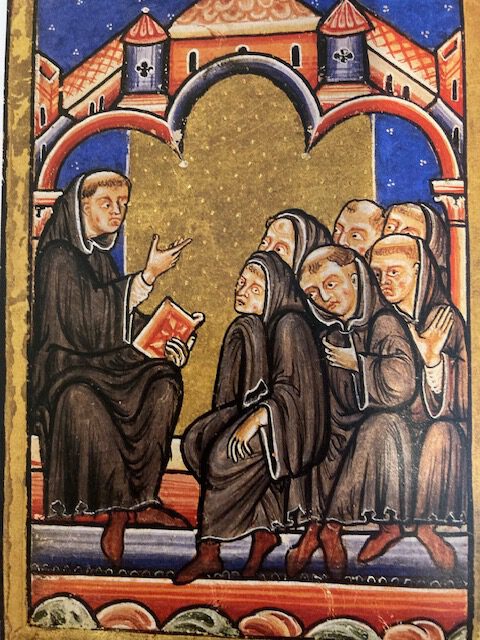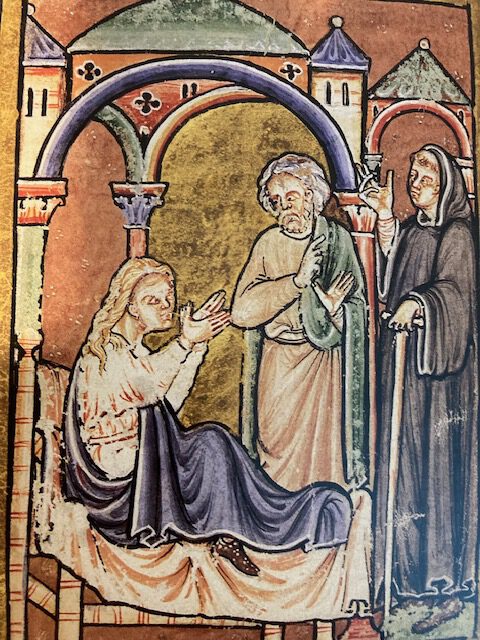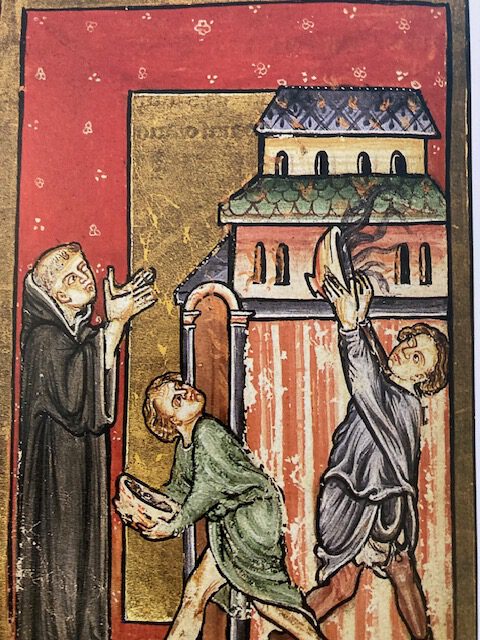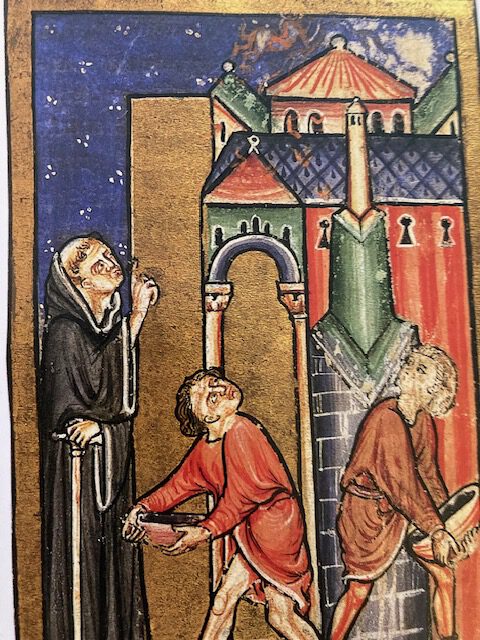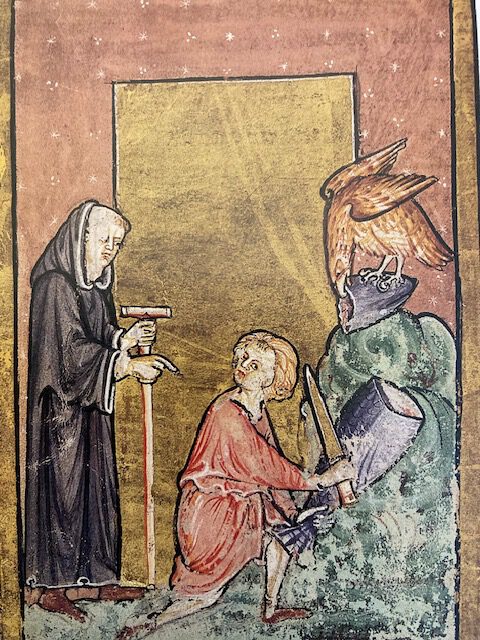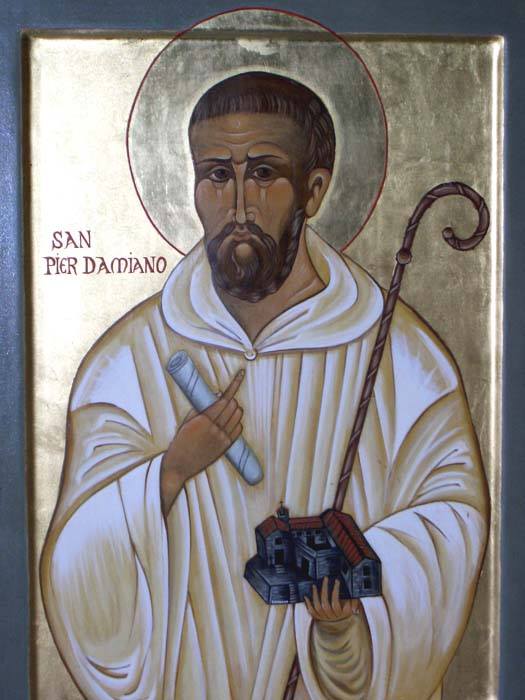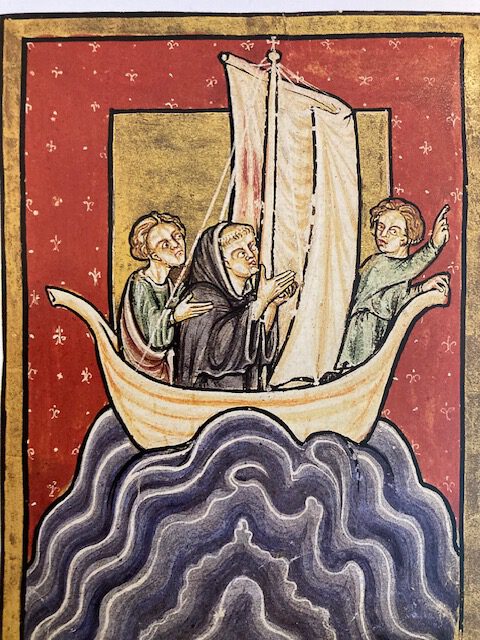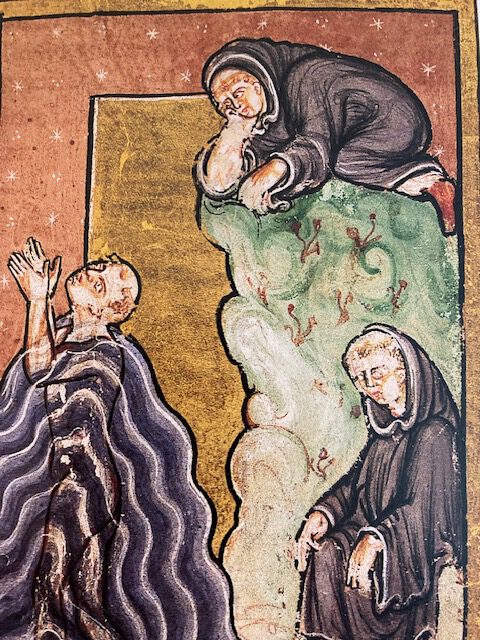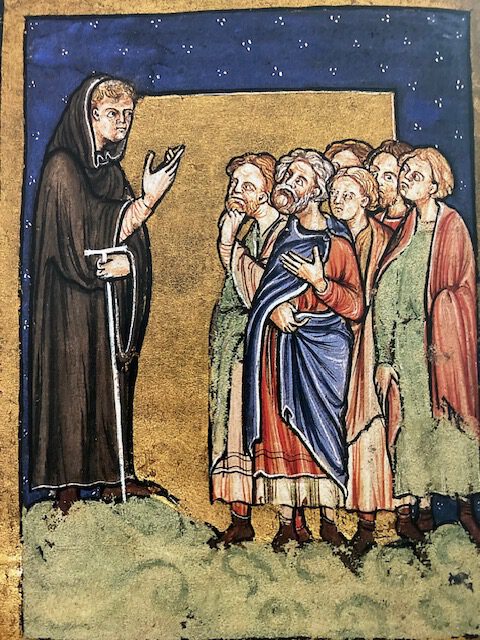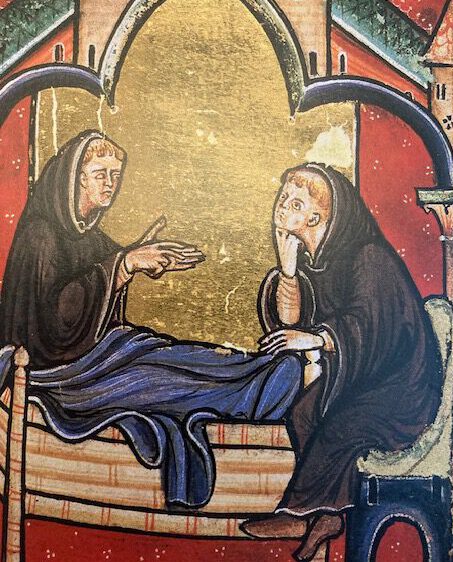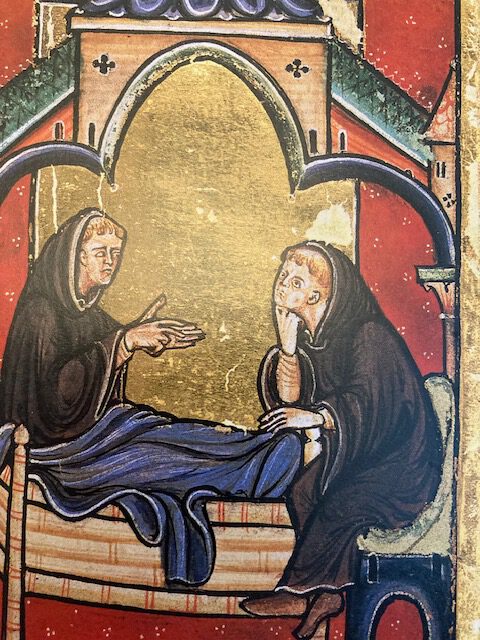The hermit is simply a pioneer … in the way of the desert which the whole of humanity must follow of necessity one day, each one according to their own measure and desire. This eremitical vocation, at least embryonically, is to be found in every Christian vocation … it is necessary that the Church and society do something so that this may be realizable, so that each may at least touch it, be it only with the tip of their little finger.
(Benedictine Raphael Vernay: On the Desert Place of the Inner Sanctuary, 1974).

